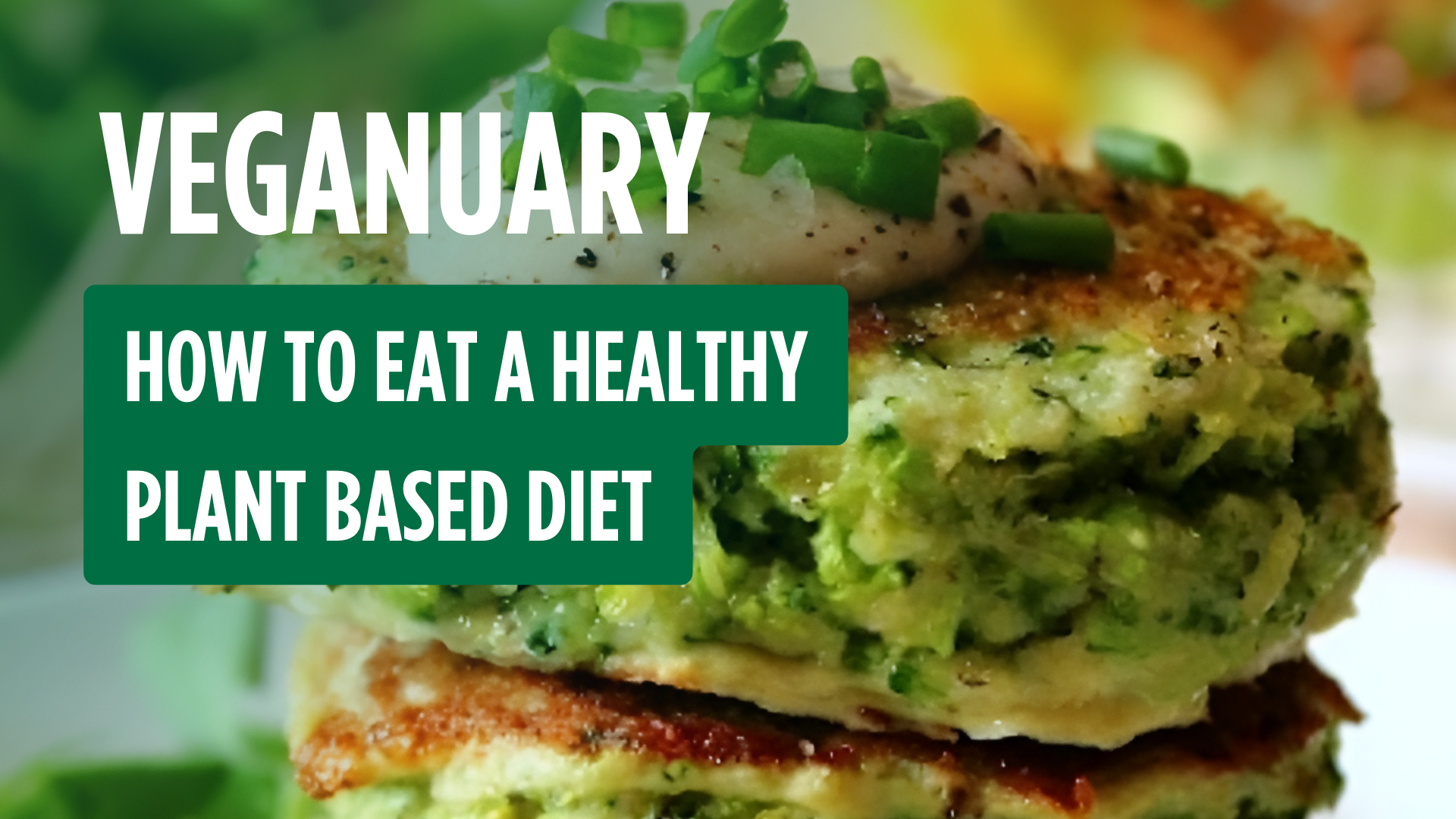After a rather indulgent Christmas period, so many of us consider making changes to our diet in the New Year.
Inspired by movements such as Veganuary, a higher number each year consider trying a meat-free, or plant-based diet for the first time.
A plant-based diet is often described as the healthiest approach to eating, and its benefits extend way beyond weight loss.
It has also gained popularity because it can reduce humans’ impact on the environment.
Whether you are an animal lover, an environmental advocate, or simply want to live your healthiest life, adopting a plant-based diet might be one of the more compelling New Year’s resolutions.
Here’s why;
Plant-based diets good for the heart
Recent studies have shown that vegetarian and plant-based diets, especially when rich in high quality plant foods such as whole grains, fruits, vegetables, pulses and nuts, are linked to lower levels of blood cholesterol and fats.
Researchers suggest that this means that plant-based diets can play a significant role in reducing blocked arteries, thereby lowering the risk of heart and blood vessel diseases, such as stroke and heart attacks.
It means that if people start eating vegetarian or vegan diets from an early age, the potential for reducing the risk of cardiovascular disease caused by blocked arteries may be substantial.
Lower Cholesterol
Meat and dairy products are often naturally higher in saturated fats. In comparison, plant based protein sources are lower in saturated fat
HDL (high density lipoproteins) are the ‘good’ cholesterol. LDL (low density lipoproteins) are the ‘bad’ cholesterol that can clog arteries and cause risk of heart disease if not monitored.
Typically, plant-based foods have more HDL so can actually be of benefit to anyone trying to stick to a cholesterol lowering diet.
High in Fibre
Plant-based diets are typically higher in fibre, a key nutrient needed for a healthy gut microbiome. For example, gut bacteria ferments, or “feeds on”, fibre and creates short-chain fatty acids, which have been shown to improve immunity against pathogens.
Scientists say that it’s important to eat the recommended 30g fibre per day, and foods high in fibre include many fruits such as berries, pears and oranges, vegetables such as broccoli, carrots and sweetcorn, brown pasta, brown rice, wholegrain bread, beans, lentils, chickpeas and nuts.
Reduce the risk of Diabetes
One of the potential benefits of a vegan diet is that it can lead to improved blood sugar management, insulin sensitivity, and weight management.
Type 2 diabetes is the most common form of diabetes, and it is usually diagnosed in adults.
The primary cause of type 2 diabetes is insulin resistance leading to an elevated blood glucose level.
Dietary habits play a significant role in insulin resistance, especially for people who are physically inactive.
According to recent scientific literature, a plant-based diet comprised primarily of vegetables, fruits, legumes, seeds, nuts, and whole grains is very effective in managing type 2 diabetes, as well as reducing comorbidities, such as obesity, hypertension, cardiovascular problems, kidney disorders, and hyperlipidemia
Improve immunity
Start the New Year with a stronger immune response to the common invaders that enter your lungs, blood cells, and organs, wreak havoc and cause inflammation by eating a diet high in plant-based foods.
Your body builds up immunity by fighting off everything from every day infections to the ageing process. The building blocks of your immune system are helped by the micronutrients in your food, such as antioxidants and vitamins and minerals, and nothing delivers those better than fruits and vegetables, legumes and nuts and seeds
Maintaining good source of protein
Protein is one of the body’s essential macronutrients promoting muscle growth and tissue repair, and consuming enough protein is a concern for many new to a plant-based diet. However, it may not be as big a problem as they anticipate as there are plenty of vegan foods which are good sources of protein including nuts, seeds, beans and pulses, vegetable milks quinoa or tofu.
Pulsin’s award-winning range of plant-based, protein-rich powders, on-the-go snack bars, keto products, and shakes also offer a convenient way to top up your body’s protein content, especially if you are on a reduced-meat or plant-based diet.

